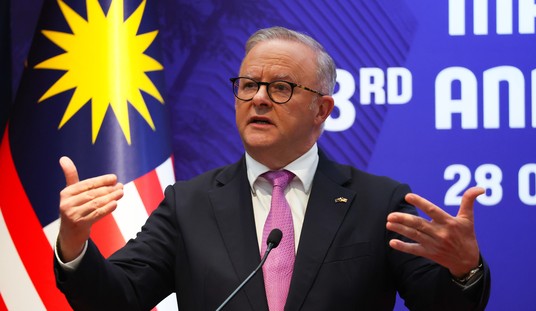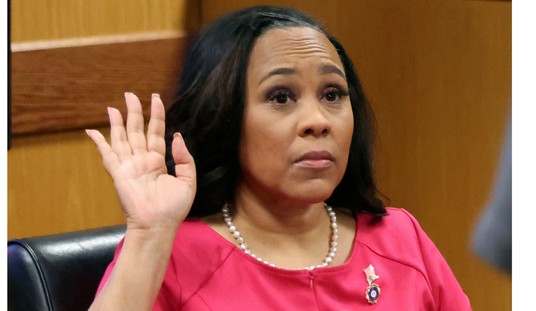After the debacles of the overall housing bubble and the Ginnie Mae rerun last week, one might think that government might reconsider the notion of demanding that banks make marginal loans on a large scale. Last night’s interview with Barack Obama on CBS shows that populists have a particular problem in learning from experience. Obama blasted banks for showing ingratitude for resisting further government intrusion into their industry and refusing to increase loans to marginal borrowers:
President Obama, who lashed out Sunday at “fat cat bankers” who “still don’t get it,” plans to gather the heads of major banks at the White House on Monday to urge them to make more loans and to accept the necessity of greater regulation.
Obama convened a similar meeting with bank executives in March, and the need for a replay highlights the lack of progress in the interim. The banking industry has reduced lending for five consecutive quarters, even as it has regained profitability thanks to vast public aid.
The administration’s success in rescuing banks stands in starker contrast every day with the financial problems of many Americans, most of all the lack of new jobs, and Democrats made restless by the disparity are mounting pressure on the White House.
Meanwhile, the prospects for financial reform legislation have been clouded by industry groups that convinced moderate and conservative Senate Democrats that some proposals would unduly suppress financial innovation and limit economic growth.
The problem is that the Obama administration and its populist allies like Barney Frank and Chris Dodd see reducing lending and increasing profitability as unlinked. Banks have to assess risks in lending, and when they have less money to lend, they get more conservative in their risk-taking. That leads to better profitability, which taxpayers should be praising instead of decrying, as it makes it much more likely that we can recover our bailouts investments in these banks. Until banks return to fiscal stability, they should be more conservative in taking risks.
In fact, the entire instability of the financial system came from government pressure and incentives to do what Obama is demanding now. The government first used a beefed-up CRA to cajole bankers into making marginal loans, then had Fannie Mae and Freddie Mac buy up paper from these subprime loans and convert them into mortgage-backed securities. Fannie and Freddie sold these bonds to banks and other investors, who assumed (wrongly) that the government backing meant that they were safe investments. Meanwhile, the explosion of cheap and unqualified lending drove housing prices up artificially, and buyers bet that the Ponzi scheme would go on forever. When the housing bubble collapsed, so did the MBS market, neither of which would have happened if government hadn’t interfered in the first place.
With that in mind, it’s not difficult to see why banks don’t necessarily feel “gratitude” for government ameliorating a disaster it caused in the first place. They don’t trust government interference, having been shown (twice) that government attempts at social engineering via the lending industry means utter financial chaos in the long run. And since this particular Congress and administration seems hell-bent on giving themselves more power to achieve these same results, it’s no surprise at all that banks are reluctant to lend today to anyone who doesn’t show the ability to pay back their loans.








Join the conversation as a VIP Member